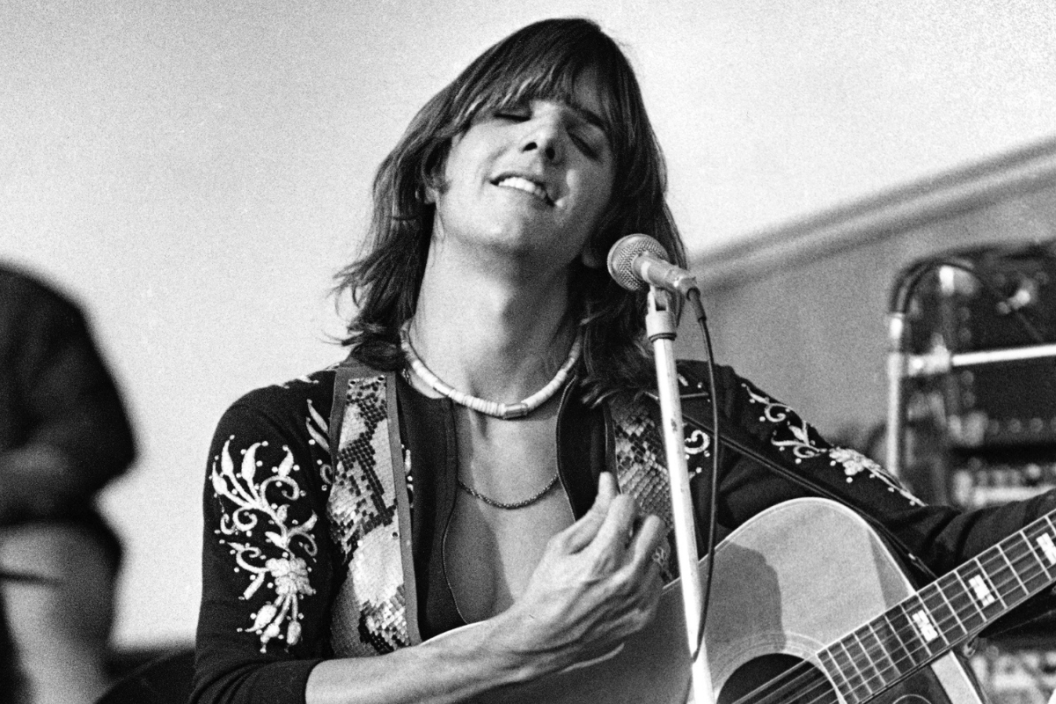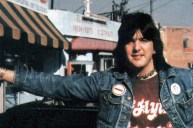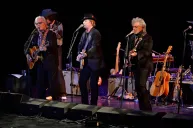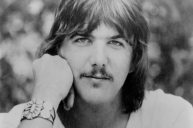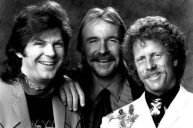In an interview that ran on Dutch radio in 1972, Gram Parsons described the music he heard while growing up in Florida, which influenced his definition of "good music": "That area you're likely to come upon a jukebox still and it will have James Brown, Otis Redding, Merle Haggard, Jerry Lee Lewis, some old Kitty Wells song, a couple of Black gospel songs, Reverend James Cleveland...you still see that." A decade later, singer-songwriter Elvis Costello would write in the liner notes of a compilation of Parsons covers that "In the Byrds and the Flying Burrito Brothers, Gram Parsons helped create a Frankenstein's Monster."
Videos by Wide Open Country
Parsons's synthesis of genres at the root of not just American musical history but its very culture, style, and emotional bedrock was sometimes referred to as "country rock." Parsons hated the term -- in a 1972 letter to a friend written just after he'd finished his first solo album, GP, he wrote "Yeah, my music is still country -- but my feeling is there is no boundary between 'types' of music. I kept my love for variations even tho' I've some sort of 'rep' for starting what (I think) has turned out t'be pretty much be a 'country-rock' (ugh) plastic dry-f*ck."
Cosmic American Music
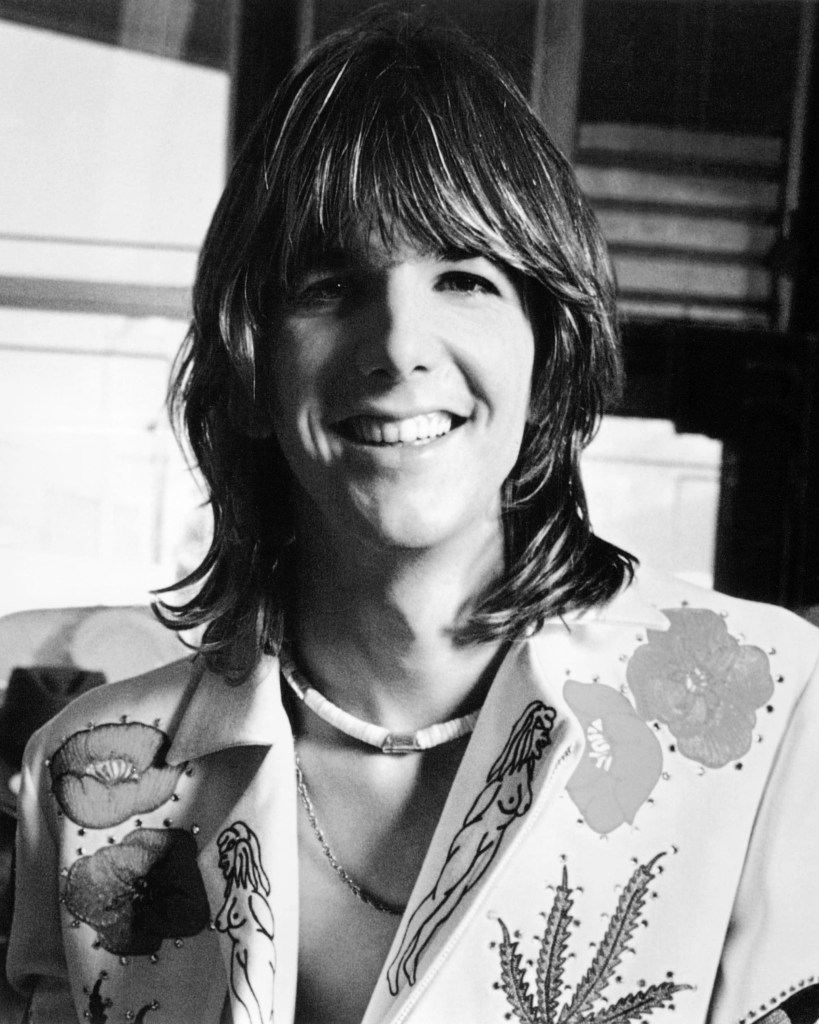
Photo by Silver Screen Collection/Getty Images
Parsons reportedly called his work "cosmic American music" and his legacy lives on today in performers like Kacey Musgraves, Orville Peck, Sturgill Simpson and Daniel Donato, to name a few. Parsons had a very few active years and his records were so ahead of their time that music executives didn't know where they belonged. The mainstream wasn't ready to see connections Parsons was drawing between different types of American music and the bedrock he was laying down for generations to come.
Parsons's background and childhood is, unsurprisingly, made up of disparate pieces joined together to form a one-of-a-kind creation, like a crazy quilt or shadow box. Born Ingram Cecil Connor III in Winter Haven, Florida, on November 5, 1946, his father, Cecil, was an Air Force major and his mother, Avis, was from the prominent Sniveley family, orange farming scions in the Sunshine State. Parsons later referred to his childhood as the happiest years of his life, but his parents were both heavy drinkers. His father died of suicide when he was just 13 and his mother passed away on the day he graduated from high school. He came from an enormous amount of privilege as well as an enormous amount of heartbreak.
Parsons relocated to Cambridge, Massachusetts and studied for one semester at Harvard University. He met a student advisor named Jet Thomas who encouraged his musical inclinations. Thomas later told Parsons biographer Ben Fong-Torres that Parsons "was a cultural outlaw doing country music and talking about it as a form of white spiritual music," per a 1999 article in No Depression. Parsons later spoke of how his time in Cambridge re-introduced him to country music, musing "I passed my identity crisis and came back to country music....[The musicians there] had their ears open and they actually reintroduced me to country music after I had forgotten about it for ten years." He joined forces with guitarist John Nuese, who convinced Parsons to move on from a straight folk sound and integrate country music into his songs.
'George Jones in a Nudie Suit'
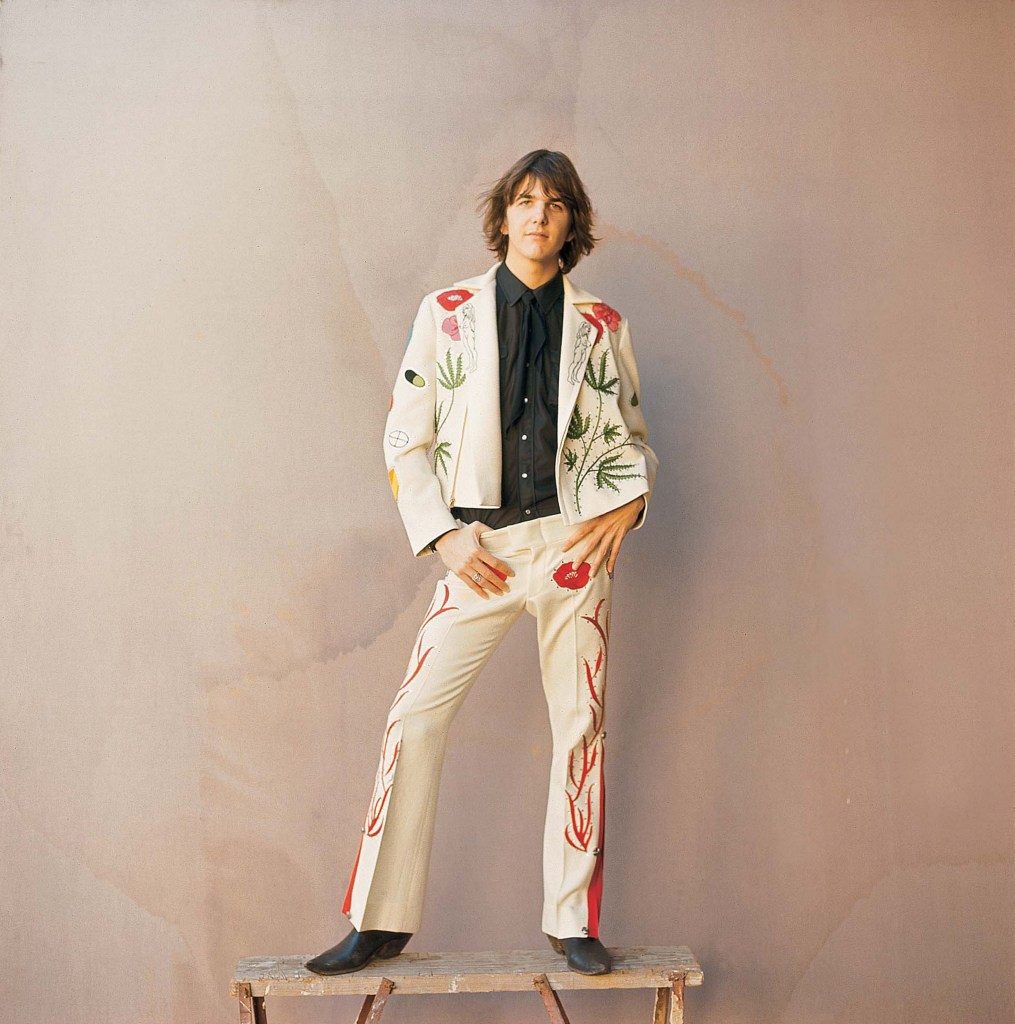
Their band, the International Submarine Band, relocated from Boston to New York to California. The California scene and sound would add yet another ingredient to Parsons's music. Another No Depression article that broke down the elements of cosmic American music noted "a large West Coast/Californian aspect to it, both migratory and per the Bakersfield sound, as well as in regard to the evolution of the genre itself."
The International Submarine Band signed to a label run by Lee Hazelwood and released one album, Safe At Home; it included the first album version of one of Parsons's signature songs, "Luxury Liner." The band dissolved before the album's release and Parsons joined The Byrds as founding member David Crosby departed. Per Byrds member Chris Hillman, "Roger [McGuinn] thought he was hiring a piano player but instead, as he's said, 'We got George Jones in a Nudie suit.'"
Despite Parsons not liking the term, his album with the Byrds, Sweetheart of the Rodeo, is "the first album widely recognized as country-rock," notes 101 Albums That Changed Popular Music. The Byrds were a full-fledged rock band who'd incorporated psychedelic sounds and concepts into their work; Parson's influence and contributions married the rock with country during a time in which the two genres were very much separate. Due to legal threats from Lee Hazelwood, who claimed to still have a contract with Parsons, Roger McGuinn ended up re-recording several of the songs on the album that had featured Parsons on lead vocals, leaving just "You're Still on My Mind", "Life in Prison," and "Hickory Wind."
In his final interview in March 1973, Parsons described the Byrds' show at the Grand Ole Opry in 1968, remembering "we were going to our single "You Ain't Goin' Nowhere" and then I was going to do a Merle Haggard song because they wanted something the audience could identify with, seeing as they were going to have these longhairs at the Opry." Instead, he chose to do his own song, "Hickory Wind," because his grandmother was in the audience and he'd written the song for her. They weren't asked back.
Parsons left the Byrds in protest when the band announced they would tour South Africa, which was still under apartheid at the time, and spent some time hanging out with and listening to old country records with Keith Richards in England. He returned to California and reunited with Chris Hillman and along with bassist Chris Ethridge and pedal steel player Sneaky Pete Kleinow, they formed The Flying Burrito Brothers. They released The Gilded Palace of Sin in 1969, featuring a cover showcasing the band decked out in spangled Nudie suits, Parson's notoriously decorated with marijuana leaves and pills. It featured Parson's most personal music yet and is considered the album that influenced what became known as alt-country. However, just as Parsons didn't like the term "country rock," the term "alt-country" isn't necessarily embraced by the musicians categorized as such. A 1996 Entertainment Weekly article featured a quote from Gary Louris of the Jayhawks and Golden Smog denying that the genre was "a movement" and joking ''It's not like we sit around and hold historic country summit meetings where we play 'Hot Burrito #2'."
In the late 1960s, the Flying Burrito Brothers's blend of soul and country once again confused the mainstream; at one show in San Francisco's Avalon Ballroom, Parsons actually encouraged the audience to break down the walls that separated them from country music. Hillman later described their sound as "caught in-between," noting "It was too country to get on FM rock radio, which was emerging then, and Nashville hated us. It wasn't slick, polished stuff; we weren't good enough to be on the radio." Parsons made one more album with the band, Burrito Deluxe, before he was fired by Hillman due to his substance abuse issues. Parsons later said in his final interview that he grew "disenchanted" with the band's direction, dismissing it as "ultra super commercial."
In the same interview, Parsons described wanting to collaborate with someone who could sing high harmonies on his songs. He met his match in folk singer Emmylou Harris, who is now a member of the Country Music Hall of Fame and a legend and an icon in her own right. Harris was born in Birmingham, Alabama and grew up in the South, but later said that Parsons had convinced her to embrace country music, telling No Depression "I hadn't really heard [country]. I couldn't get past the layers and country music being politically incorrect. I grew up with rock 'n' roll and folk and was a huge Bob Dylan fan...Gram's writing brought his own personal generation's poetry and vision into the very traditional format of country music and he came up with something completely different."
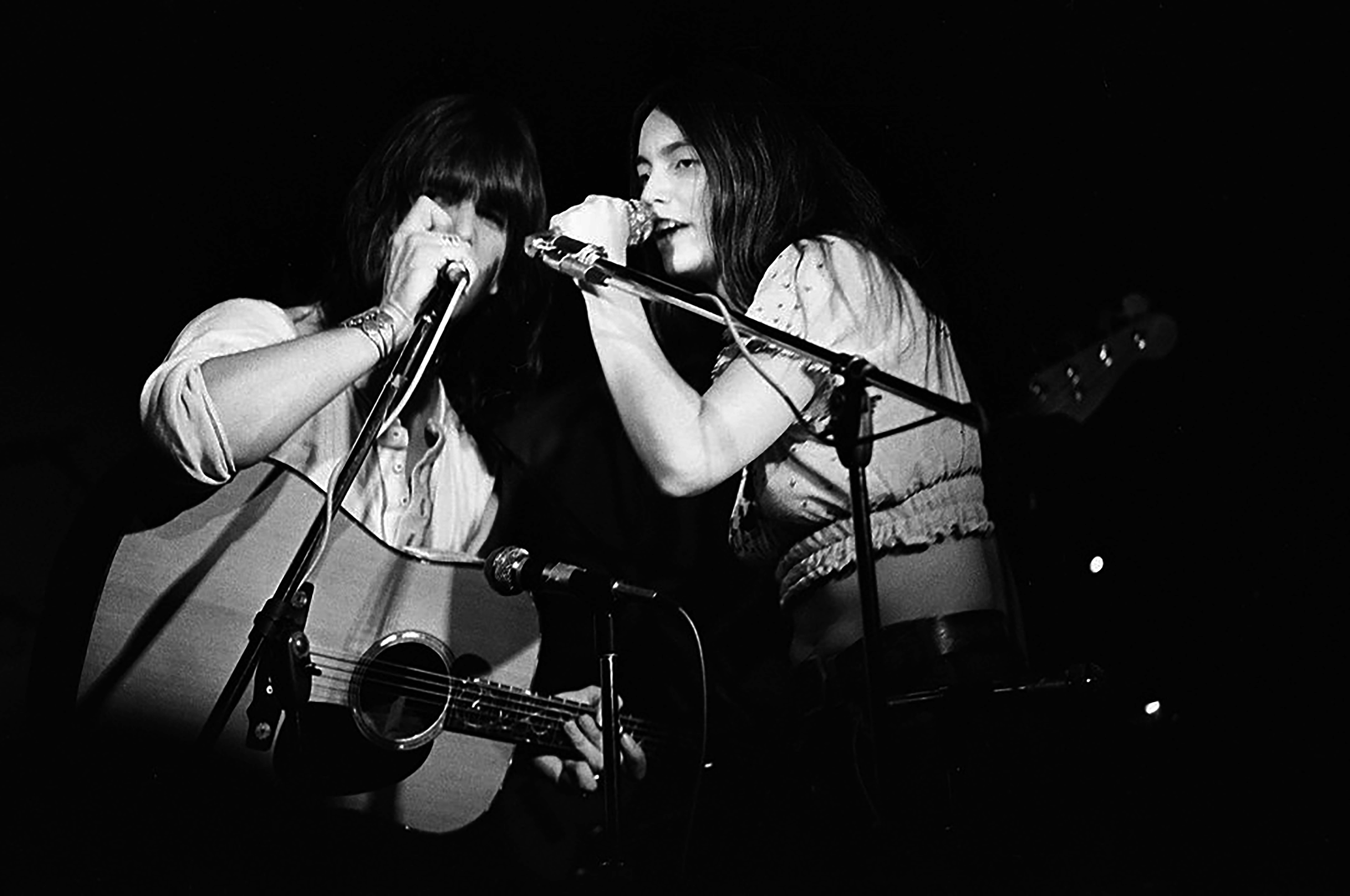
Photo by Icon and Image/Getty Images
She joined his band the Fallen Angels and appeared on the album GP and the posthumously released Grievous Angel, which came out four months after Parsons died in a hotel room in Joshua Tree, California of an accidental alcohol and morphine overdose. He was just 27 years old. Their partnership is one of the most lauded in music history, particularly their cover of the Boudleaux Bryant ballad "Love Hurts." Harris told The Guardian in 2018, "I discovered my own voice singing in harmony with Gram. There is something about the uniqueness of two voices creating a sound that does not come when they are singing solo, and I have always been fascinated by that. That song, and our harmony, is kind of a pinnacle of our duet-singing together."
